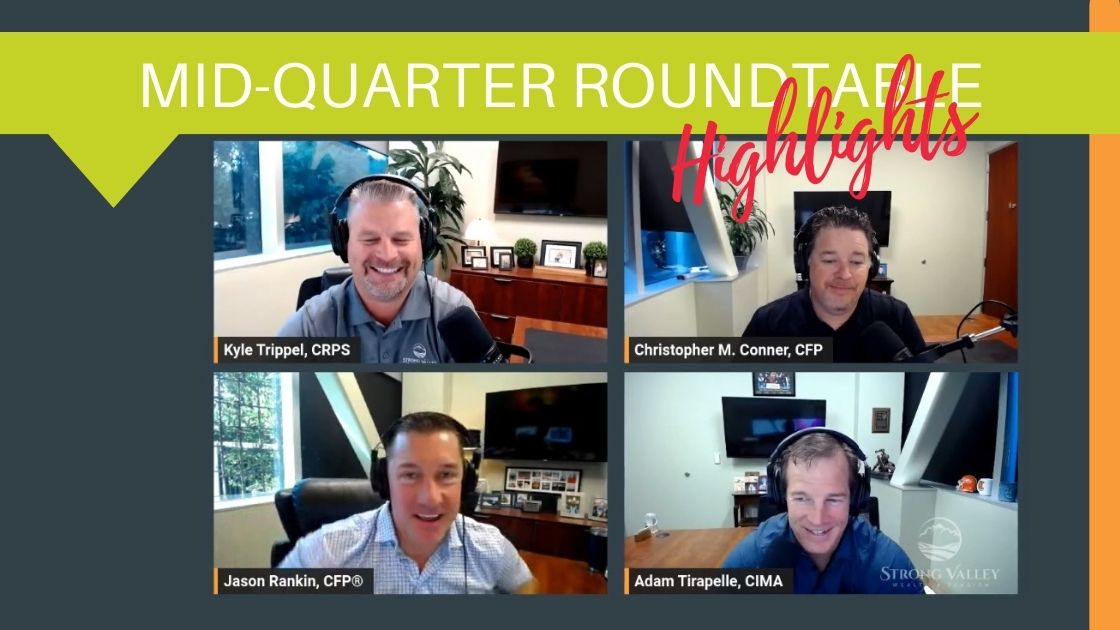You are now leaving the Strong Valley Wealth & Pension, LLC ("Strong Valley") website. By clicking on the "Schwab Alliance Access" link below you will be entering the Charles Schwab & Co., Inc. (“Schwab”) Website. Schwab is a registered broker-dealer, and is not affiliated with Strong Valley or any advisor(s) whose name(s) appears on this Website. Strong Valley is/are independently owned and operated. Schwab neither endorses nor recommends Strong Valley. Regardless of any referral or recommendation, Schwab does not endorse or recommend the investment strategy of any advisor. Schwab has agreements with Strong Valley under which Schwab provides Strong Valley with services related to your account. Schwab does not review the Strong Valley website(s), and makes no representation regarding the content of the Website(s). The information contained in the Strong Valley website should not be considered to be either a recommendation by Schwab or a solicitation of any offer to purchase or sell any securities.

Both are important. Do you know how to decide where the focus of your efforts should be first? The answer to knowing the priority, emergency savings or retirement goals, will ultimately depend on your unique financial situation and goals. This article contains some ideas that you should consider to protect yourself from financial shocks.

When it comes to personal finance, there are a number of competing priorities that can make it difficult to determine where to focus your efforts. For many people, the choice between building emergency savings and working towards their retirement goals is one of the biggest dilemmas they face. So, which should you focus on first?
In order to answer this question, it's important to understand what emergency savings and retirement goals are and why they are both important. Emergency savings refers to the amount of money you have set aside in a readily accessible account to cover unexpected expenses, such as a job loss, medical emergency, or major home repair. Retirement goals, on the other hand, are the plans you have in place to provide for yourself financially once you stop working.
Both emergency savings and retirement goals are important, but the order in which you focus on them will depend on your individual financial situation. If you have a stable income and few financial obligations, you may be able to focus more on your retirement goals, knowing that you have a safety net in place in the form of your emergency savings. However, if you have limited income and high debt, you may need to prioritize building up your emergency savings in order to protect yourself from financial shocks.
Here are a few reasons why emergency savings should come first:
However, there are also some good reasons why focusing on your retirement goals first can make sense:
So, which should come first? Ultimately, the answer will depend on your individual financial situation and goals. If you have a stable income and few financial obligations, you may be able to focus more on your retirement goals, knowing that you have a safety net in place in the form of your emergency savings.
However, if you have limited income and high debt, you may need to prioritize building up your emergency savings in order to protect yourself from financial shocks.
In any case, it's important to find a balance between the two. You don't want to neglect your emergency savings and end up in debt when an unexpected expense arises, but you also don't want to neglect your retirement savings and end up struggling to make ends meet in your later years. A good rule of thumb is to aim to have three to six months of living expenses in your emergency fund, and then start contributing to your retirement goals as soon as you can.



